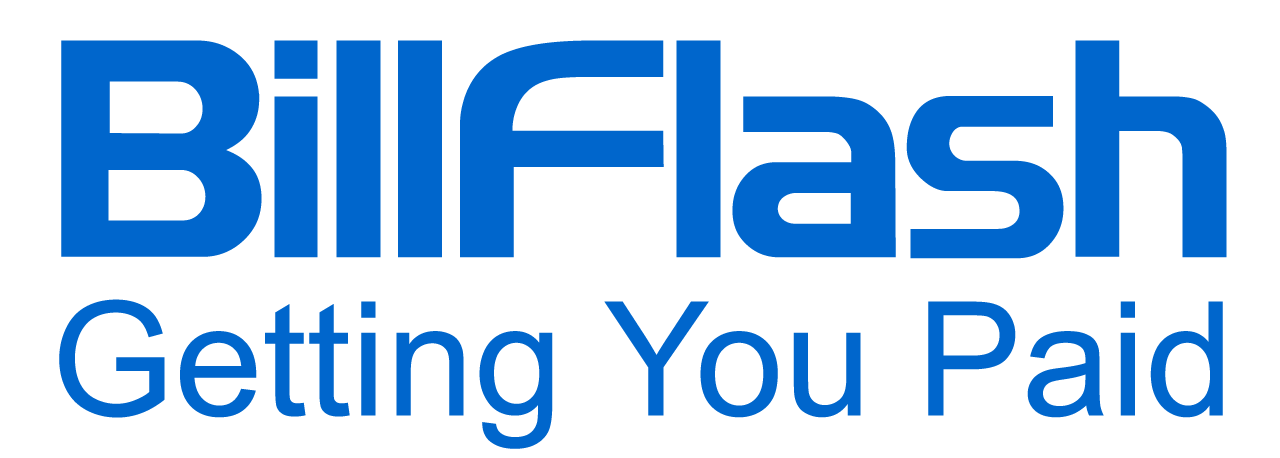Healthcare claims processing often poses several challenges. Here, we explore how CAQH CORE Operating Rules can help simplify this process.
Efficient healthcare claims processing is vital for the effective functioning of the healthcare system. The complexity of this process often poses challenges and inefficiencies that hinder timely reimbursements and burden healthcare providers and payers. However, a transformative solution, the CAQH CORE Operating Rules, has emerged, offering a standardized approach to simplify and streamline healthcare claims management.
Understanding the Complexity of Healthcare Claims
Several complexities plague the current landscape of healthcare claims processing. Manual processes, varying standards, and a lack of interoperability contribute to delays, errors, and administrative burdens. In fact, these challenges hinder the system's overall efficiency, affecting both healthcare providers and patients.
A few of the reasons why the private system is so complex include:
- Insurance companies require precise documentation to provide coverage for a healthcare claim.
- Most Americans have a policy through their employer, and additional paperwork may also be required from the employer.
- Fraud is a real concern in the healthcare industry, and all claims must be carefully examined.
Introducing CAQH CORE Operating Rule

The CAQH CORE Operating Rules provide a comprehensive framework designed to address the complexities in healthcare claims processing. Developed by the Council for Affordable Quality Healthcare (CAQH), these rules establish standardized guidelines and best practices for various administrative processes. These operating rules aim to enhance efficiency, accuracy, as well as standardization across the healthcare industry, ensuring consistency and uniformity in claims handling.
Caqh.com explains how this works in the following way:
Operating rules support a range of standards to make electronic data transactions more predictable and consistent, regardless of the technology. CAQH CORE is designated by the Secretary of the Department of Health and Human Services (HHS) as the National Operating Rule Authoring Entity for the administrative transactions covered by HIPAA.
The idea is that with a consistent infrastructure that every participant can use, the flow of information from one party to another can flow more seamlessly.
An Overview of the CAQH CORE Operating Rules
The CAQH CORE rules officially went live on January 1, 2014, though many participants in the industry began to prepare for their use far sooner than that. The procedures have also been routinely updated since then to help ensure that they are kept up to date with the latest relevant information.
The CAQH CORE Operating Rules cover several key areas, including:
Eligibility and Benefit Verification
These rules define the requirements for verifying patient eligibility and benefits information, ensuring that healthcare providers have access to accurate and up-to-date data before providing services.
Claims Submission and Status
These rules establish standards for the electronic submission of claims, including data format, content, as well as transmission methods. They also define the procedures for checking the status of claims and receiving timely responses.
Electronic Funds Transfer (EFT)
These rules govern the electronic transfer of funds between health plans and healthcare providers, facilitating faster and more secure payment processes.
Electronic Remittance Advice (ERA)
These rules specify the format and content for electronic remittance advice, which provides detailed information about the payment, adjustment, as well as denial of claims.
Health Plan Enrollment and Disenrollment
These rules outline the requirements for health plans to enroll and disenroll healthcare providers, ensuring a streamlined and standardized process.
Premium Payments
These rules establish standards for the electronic submission and processing of premium payments, improving accuracy, speed, and efficiency in premium administration.
Referral Certification and Authorization
These rules define the procedures for requesting and obtaining referral certifications and authorizations, promoting consistent and efficient processes for coordinating care.
Benefits of Adopting CAQH CORE Operating Rules
By adopting the CAQH CORE operating rules, healthcare organizations can experience a multitude of benefits.
1) Streamlined Claims Submission Process
Claims submission and adjudication processes become streamlined, reducing delays and improving efficiency. It is easier and faster than ever to submit a claim and have it processed through the system. These regulations allow for a standardized process, meaning all claims are treated the same way. Urgency is applied to these claims so those who file them understand that their claims are being reviewed and taken seriously.
2) Better Accuracy, Efficiency, and Timeliness in the Process
The CAQH CORE regulatory system reduces some of the complexity and improves the efficiency with which they can be processed. Additionally, they are often processed in a more accurate manner than ever before as well. This, in turn, reduces administrative burdens and costs for healthcare providers and payers, enabling them to allocate resources more effectively.
3) Reduced Administrative Costs
Overhead costs are a scourge on the healthcare industry. CAQH CORE regulatory rules allow for the reduction or elimination of some of those overhead costs. This saves the insurance company money and makes it easier for the insured patient to have their claim reviewed sooner than they would have.
Implementation and Compliance

Implementing the CAQH CORE Operating Rules requires a systematic approach. In fact, healthcare organizations must understand the steps involved and the importance of compliance for successful transformation. Addressing common concerns and challenges during implementation is also crucial to ensure a smooth transition and maximize the benefits of these rules.
Implementing these operating rules requires a collaborative effort involving various stakeholders within an organization.
Here are the general steps involved in implementing the CAQH CORE Operating Rules:
Familiarize Yourself with the Rules
Start by thoroughly reviewing the CAQH CORE Operating Rules documentation. Understand the specific rules and requirements for your organization's transactions and administrative processes.
Assess Current Processes
Evaluate your organization's current administrative processes and systems to identify areas that need improvement or alignment with these operating rules. Assess your systems' capabilities, data exchange methods, as well as compliance with industry standards.
Establish a Project Team
Form a dedicated project team that includes representatives from relevant departments such as IT, operations, compliance, billing, and finance. This team will oversee the implementation process and coordinate efforts across different areas of the organization.
Develop an Implementation Plan
Create a detailed plan outlining the steps, timelines, as well as resources required for implementing the CAQH CORE Operating Rules. Identify specific tasks, responsibilities, and milestones to ensure a structured and organized approach.
Engage Vendors and Partners
If your organization relies on external vendors or partners for transactions or data exchange, engage them early in the implementation process. Ensure that they also understand the operating rules and are willing to collaborate to achieve compliance.
Update Policies and Procedures
Review and update your organization's policies and procedures to align them with the CAQH CORE Operating Rules. Ensure that your internal guidelines also reflect the required standards and practices.
Enhance Systems and Technology
Modify or upgrade your existing systems and technology to support the CAQH CORE Operating Rules. This may involve implementing new software, configuring interfaces, establishing secure connections, and integrating data exchange mechanisms.
Train Staff
Conduct training sessions to educate your staff about the CAQH CORE Operating Rules and the changes they entail. Provide comprehensive training on new processes, systems, as well as guidelines to ensure compliance and smooth adoption.
Testing and Validation
Perform extensive testing of your systems, data exchange processes, and transactions to ensure they meet the requirements of these operating rules. Validate the accuracy, completeness, as well as compatibility of data exchanged with external partners.
Monitor and Maintain Compliance
Establish monitoring mechanisms to ensure ongoing compliance with the CAQH CORE Operating Rules. Regularly review and audit your processes, systems, as well as transactions to promptly identify and address any deviations or issues.
Stay Informed
Stay updated on any revisions, updates, or new versions of the CAQH CORE Operating Rules. Keep track of industry trends, regulatory changes, and emerging standards to proactively adapt your processes as needed.
Remember that the specific implementation process may vary depending on the size and complexity of your organization. Therefore, it's advisable to seek guidance from industry experts, consultants, or CAQH representatives to ensure a successful implementation of the CAQH CORE Operating Rules.
Future of Healthcare Claims with CAQH CORE Operating Rules

The regulations and rules that govern the healthcare space will continue to change and advance. These changes can help you provide the best quality coverage to the patients who put their trust in your hands.
The CAQH Core regulations have been updated several times since they first launched in 2014. In fact, a new set of updates is in the works as we speak. Therefore, the future of the CAQH CORE system is somewhat unknown, but one certainty is it will continue to evolve.
Resolve your claims issues and ensure seamless operation with the assistance of BillFlash RCM Services. Our industry experts have the knowledge and experience to navigate the intricate landscape of complex healthcare claims, providing the claim and billing support you need. With our experienced team, you can streamline your claims management process and focus on providing optimal patient care.

